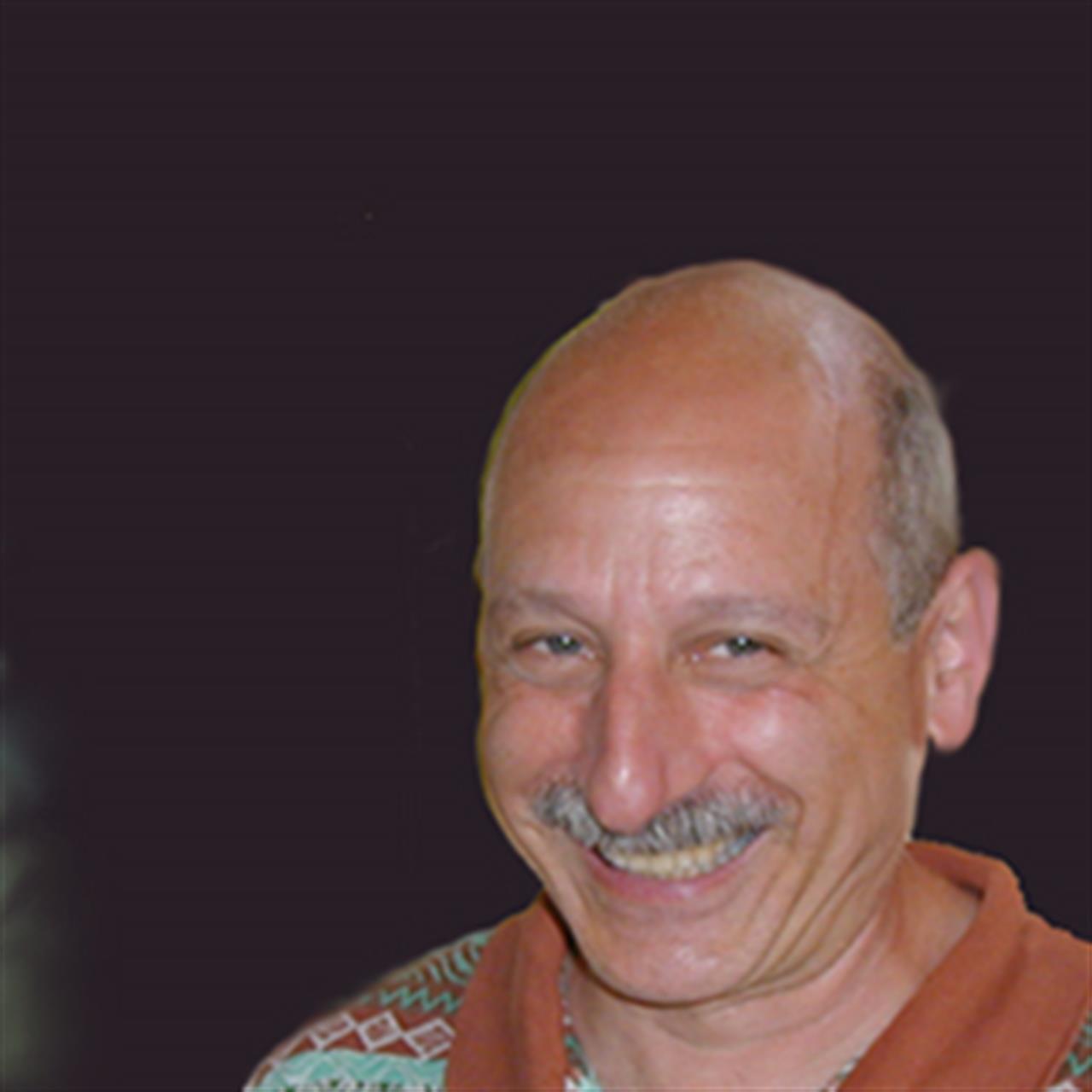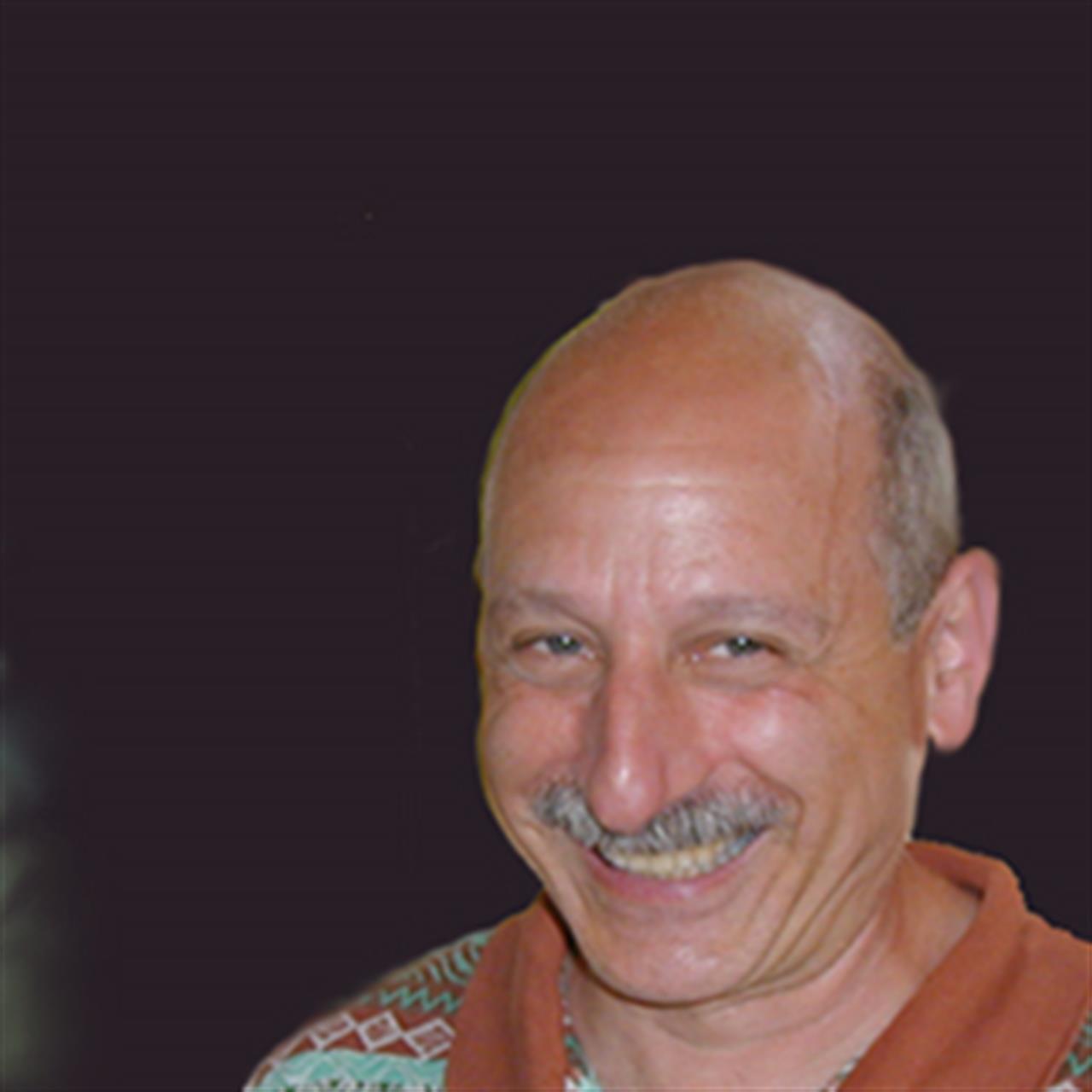
Dear David,
It’s thanks you that I was invited to the workshop on ICT and society hosted by the European Commission in Brussels this week. I’ve never been to such an event with scientists from all over the world – plenty of Americans based in European Universities – and officials from DG Reaserch and Innovation, DG Information Society and other Research Agencies such as BEPA and Ispra.
I felt like I was back at University. I spent the day with very smart people discussing global challenges and how society can tackle them through new technologies.
The greatest surprise came in the shape of the widespread interest in civil society and its role in contributing to the solution.
There is a shared sense that information society – technology, networks and innovation – is the solution to the society’s problems but people, the human element, have been left behind. They haven’t been equipped for change.
Civil society is called to take part in the new plan to bring people on board and co-design their own future. It’s called ‘Emerging by design’. In particular, NGOs are seen as a source of sustainability. Their solutions are developed by people, not sold to them. The fact of the matter is that people trust NGOs and not public institutions or scientists. ONe of the things NGOs can do is translate GMOs and the surrounding narrative in to a language people understand.
Even researchers are chasing us now. They want users to be involved.
All the European Gotha in the field were reunited, including Robert Medelin – the new Sec Gen of DG Information Society – who made clear that action will follow starting from January.
I welcome this outcome. It has been a while since I’ve felt the need to reconnect to Academia. It seems all our work with civil society in Europe has a pretty shaky basis. There is no basis.
I immediately accepted Alberto Cottica‘s offer when he asked Euclid to join INSITE: a project on networks and policy combining scientists and practitioners. I had just met Alberto at the opening of the Hub Milan. Alberto Masetti Zannini, founder of the Hub, introduced us briefly.
Since then I’ve really got into this unusual partnership. We won INSITE and we are now preparing 2 new bids to expand our collaboration. It won’t be easy but it will be fascinating!
I’ve already learnt a lot, including how much I don’t know about the field in which I operate. I know it sounds like a Socrates’ statement. For instance, you must explain to me what you mean when you say that collaboration doesn’t exist. I guess it’s related to Game Theory and non-zero-sum. As you can see I’m reading Robert Wright.
I’ve also started realising the real implication of our work on social innovation.
Social innovation is nothing more than a motto to make economy do what it has always existed to do: to serve the people’s real needs. This is in the DNA of civil society. Then it’s easy for us to associate ourselves to the new concept. But it’s more than that. Civil society can be the champion teaching this old lesson to all the economic agents.
I’ve starting to see our leadership role as a multi-stakeholder partnership convenor rather than the solution. Castells‘ idea of civil society as the avant-garde of innovation comes back to mind. I love being front-stage!
Vuoi accedere all'archivio di VITA?
Con un abbonamento annuale potrai sfogliare più di 50 numeri del nostro magazine, da gennaio 2020 ad oggi: ogni numero una storia sempre attuale. Oltre a tutti i contenuti extra come le newsletter tematiche, i podcast, le infografiche e gli approfondimenti.

